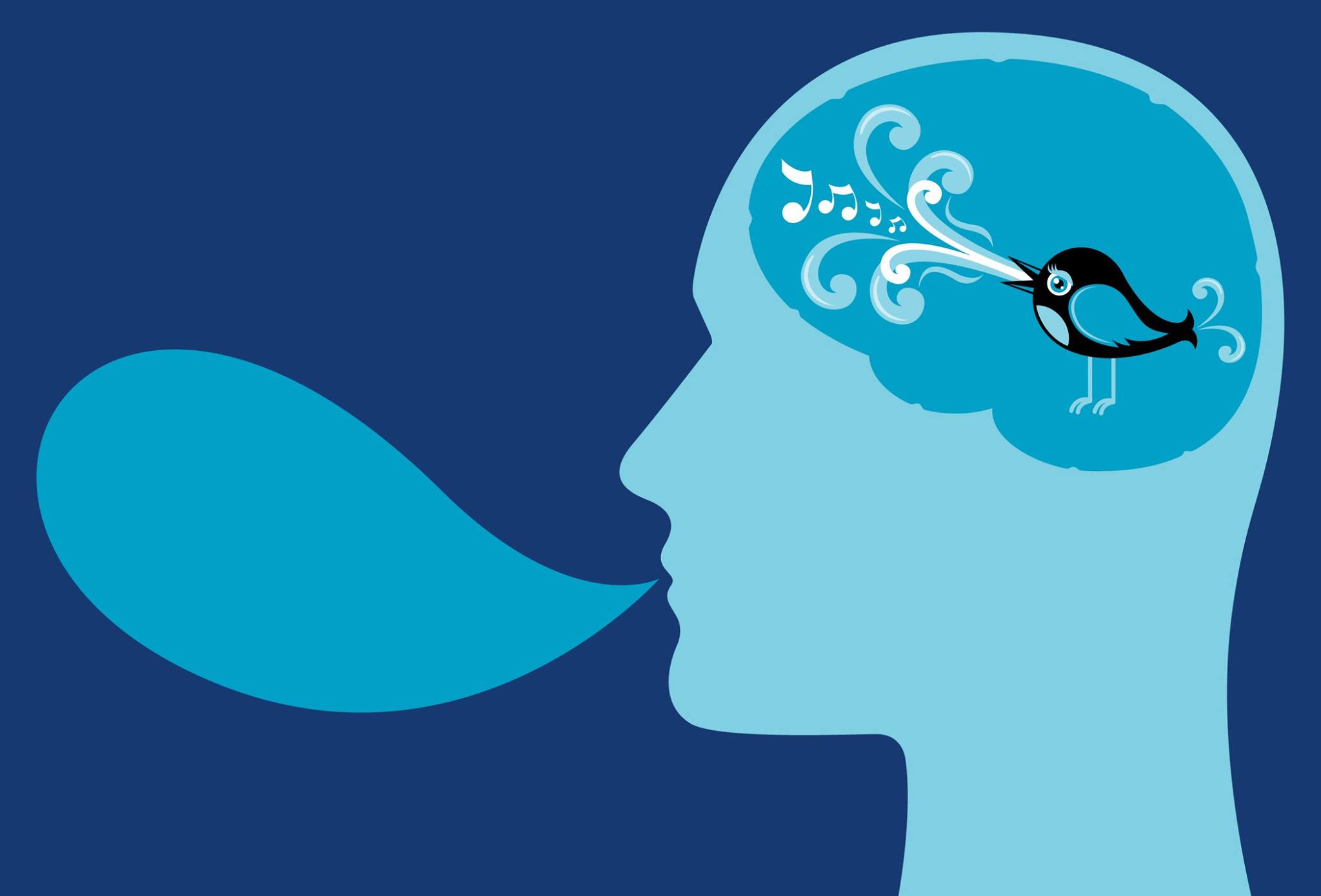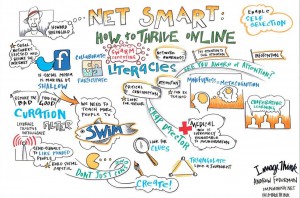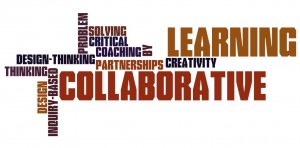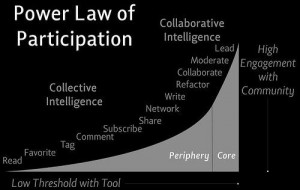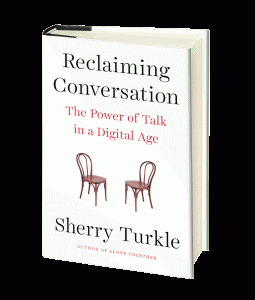 “First, that we will always be heard; second, that we can put our attention wherever we want it to be; and third, that we will never have to be alone. A fourth wish, is implied: that we will never be bored.” —Sherry Turkle
“First, that we will always be heard; second, that we can put our attention wherever we want it to be; and third, that we will never have to be alone. A fourth wish, is implied: that we will never be bored.” —Sherry Turkle
Sherry Turkle, a distinguished scholar in the area of how technology influences human identity to understand what happens when mind meets machine, is an Abby Rockefeller Mauzé Professor in the Program of Science, Technology and Society at MIT. Also a noted author, Turkle, has spent the last 30 years studying the psychology of people’s relationships with technology and how technology is changing how we live.
Fear of missing out; has escalated into fear of missing anything.
Turkle’s latest book, Reclaiming Conversation: The Power of Talk in a Digital Age (Penguin Press, October 2015), is one in which she argues that our most basic technology, face to face conversation, is our most important tool. In this world of ceaseless connection, it is wrecking open-ended conversation.
Turkle uses our net habits and experiences to show us that when we constantly phones in hand, we turn away from our children, friends and co-workers, and even from ourselves. When relationships are mediated through online messages more than face-to-face encounters, complications multiply. Everyone and anyone can find something in Reclaiming Conversation to induce guilt. Therefore, Turkle not only points out how we’ve lost conversation, but also how we can reclaim it and why doing so is critical for us all.
We as human beings have been accustomed to reflect, talk and repeat. Technology interrupts this cycle; it ends conversation. Our relationships now come stamped with “the assumption of divided attention”.
Turkle’s previous book, “Alone Together,” which I wrote about here, was about human relationships in the digital age; in it she observes people’s interactions with robots, and by interviews them about their computers and phones. With the data she collected for the book, she mapped and charted the ways in which new technologies render older human values outmoded.
Paralleling this shift is an increasing preference for the virtual over the real. Despite the fact that robots don’t have the capacity or human instinct to care about people, Turkle’s subjects were outrageously quick to settle for the feeling of being cared; this can be argues to be similar to the sense of community that social media delivers. Though the findings are pretty shocking, it is understandably so as the ‘virtual world’ comes without the risks, threats and responsibilities of the real world.
In her interviews, Turkle observed disappointment with human beings, who are flawed, needy and unpredictable, in ways that computers are wired not to be.
“We are being silenced by our technologies. In a way, ‘cured of talking’. That silence means our ability to relate to others is disappearing, too. We face a flight from conversation that is also a flight from self-reflection, empathy and mentorship.” —Sherry Turkle
Her new book, “Reclaiming Conversation,” extends her critique, with less emphasis on robots and more on the dissatisfaction with technology reported by her recent interview subjects. As in “Alone Together,” Turkle’s interviewees have adopted new technologies in pursuit of greater control, only to feel controlled by them; they communicate incessantly but are anxious and apprehensive of face-to-face conversations.
“Everytime you check your phone in the presence of company, what you gain is a hit of stimulation, a neurochemical shot; and what you lose is what a friend, teacher, parent, lover or co-worker just said, meant, felt.” We think our devices deliver comfort and efficiency, but, in Turkle’s argument, they offer loneliness and chaos.
Unlike in “Alone Together,” where Turkle diagnosed the problem, the tone of “Reclaiming Conversation” is scholastic and pedagogic. She urges netizens to understand what’s at stake in conversations — “the development of trust and self-esteem,” “the capacity for empathy, friendship and intimacy” — and to recognize their own vulnerability to the charms of technology.
To her credit, Turkle doesn’t ask us to get rid of our technological devices altogether. They “are facts of life and part of our creative lives,” she writes. “The goal is to use them with greater intention.”
“My book is not anti-technology. It’s pro-conversation. I don’t think we should give up our phones at all. I just think we have to use technology more mindfully…”
Additional Links:
Sherry Turkle’s Interview with VLBZ2
Face to face in the era of digital conversation with NPR podcast


